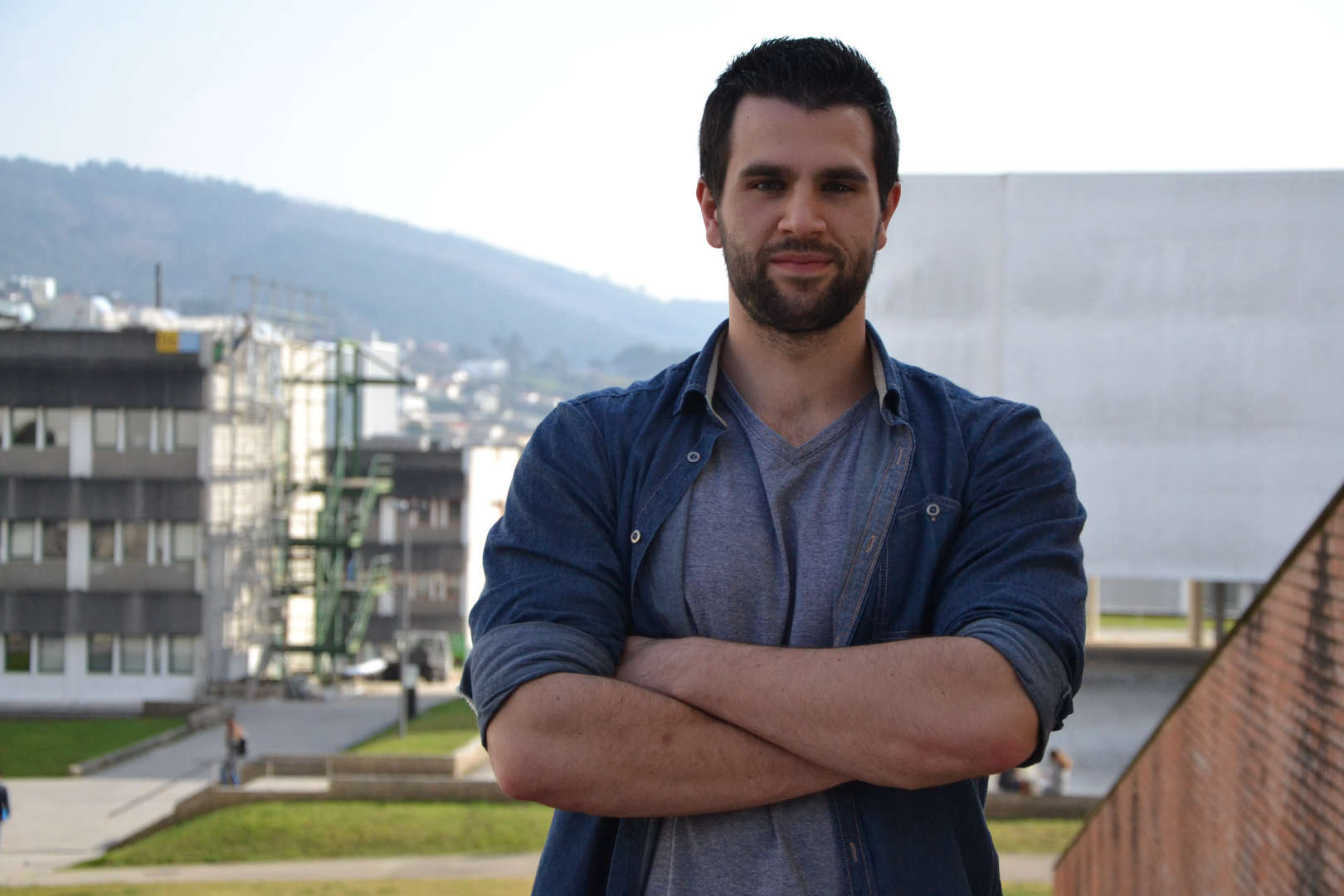About
Ricardo Macedo is currently a Researcher at INESC TEC. He obtained is PhD degree in 2023 under the MAP-i Doctoral Programme in Computer Science from the Universities of Minho, Aveiro and Porto with the thesis “User-level Software-Defined Storage Data Planes”.
His research is mainly focused on storage and operating systems, with an emphasis on designing new building blocks fitted for the performance, reliability, and energy consumption requirements of modern, large-scale I/O infrastructures, including key-value stores, kernel-bypass storage stacks, and disaggregated I/O resources. For more information, please check my personal web page at https://rgmacedo.github.io/.


